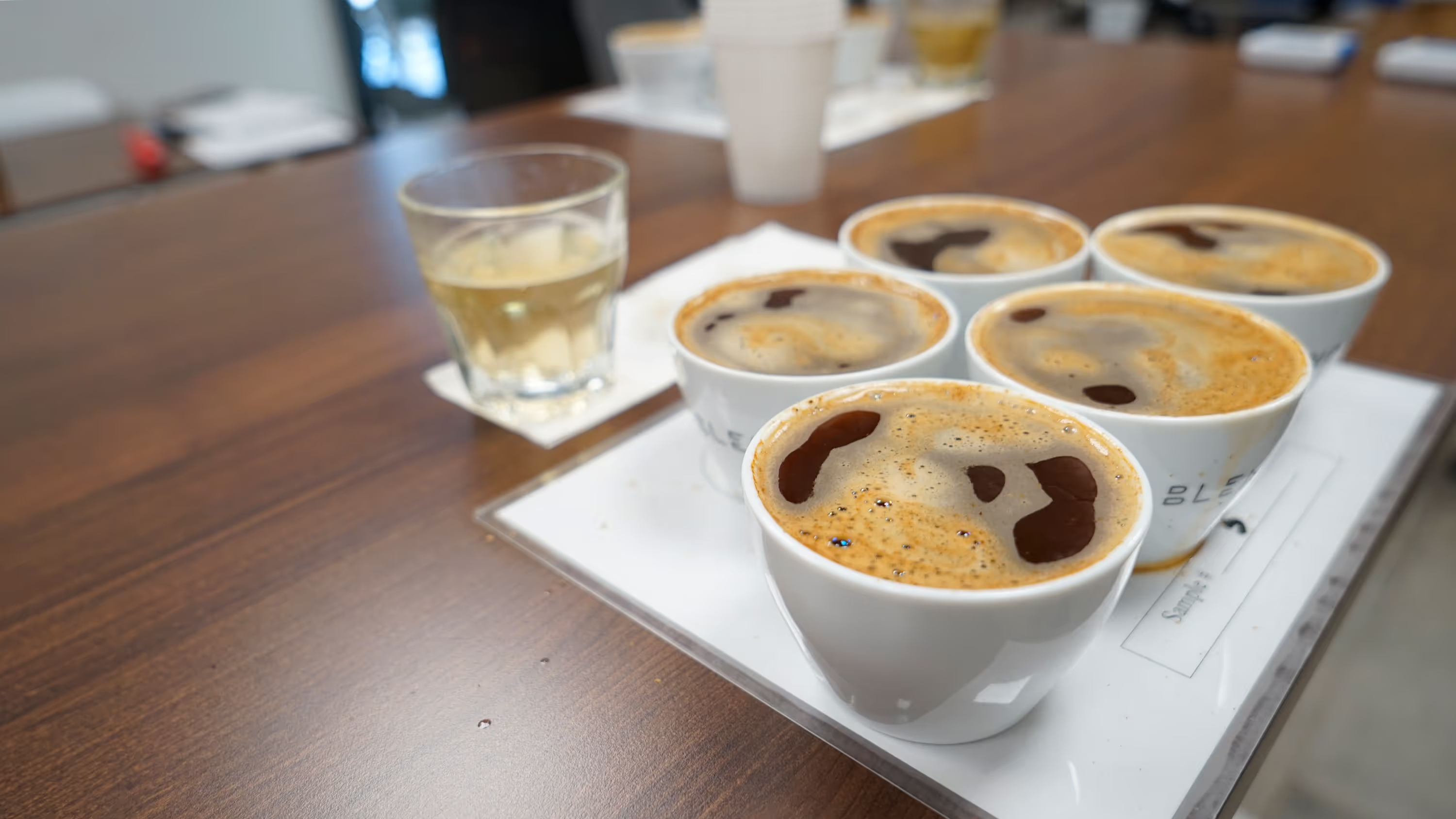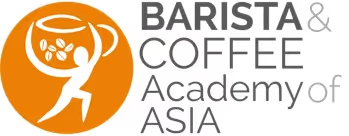

Since 2016
Being an ICP means being part of the mission to assess all kinds of coffee around the world, help in quality and sustainability projects of coffee and coffee farms, and be able to network and collaborate with other coffee professionals.
BCAA's vision is to be the leading academic institution in Asia by generating awareness in specialty coffee's potential in regional development in fields of entrepreneurship, agriculture, and coffee preparation (roasting, sensory, and brewing). We accomplish this vision by providing high quality and competitive courses for most coffee related professionals, having a state of the art facility that students can use, being part of our leading local and foreign projects associated with quality and sustainability of the industry, and using high quality coffee in all of our programs and projects to generate awareness regarding the Specialty Coffee market.
We were made an ICP in 2016 since we have a premier lab which was certified in 2015. We've also been running Q Arabica and Q Robusta courses since 2015.
We' ran our first Q Arabica class in June 2015 and ran a second in September of 2016. Since then we've hosted/helped in the Philippine Coffee QUality Competition 2017 and 2018. We also helped ACDIVOCA/Minpact Project train coffee industry players to become Q Graders (which ran for about 2 years) in the Philippines which includes Q Arabica and Q Robusta courses as well as Pre-Q and other courses such as Roasting and Brewing under CQI.
What the Q Program does best is generate a global community that have the same understanding of quality coffee in spite of different political climates, cultural preferences, and socio-economic circumstances. Furthermore, the collaborations and aid CQI provides has the potential to bridge the gab between consumer and farmer/producer. The Q Program can do this by providing this understanding of high quality coffee to consumers. Moreover, the Q Program is a way to explain why consumers should purchase Specialty Coffee over other coffee despite its premium price.
We became a jumping point in our country for CQI to penetrate the Philippines market and be able to help more producers and farmers.
Make CQI services more accessible and affordable. Most farmers and producers cannot afford the courses and they would be the ones to benefit the most. Maybe someday provide courses or projects that generate awareness regarding buying higher quality coffees.
Being an ICP gives us more credibility as an institution or coffee education. Being able to help us support evaluations also helps us learn more about the grading process.
We get to be one of the hubs of CQI in the Philippines. This actually widens our market to do more collaborations outside of our country with CQI and other industry professionals. ICP status makes us more credible among the people in the industry.